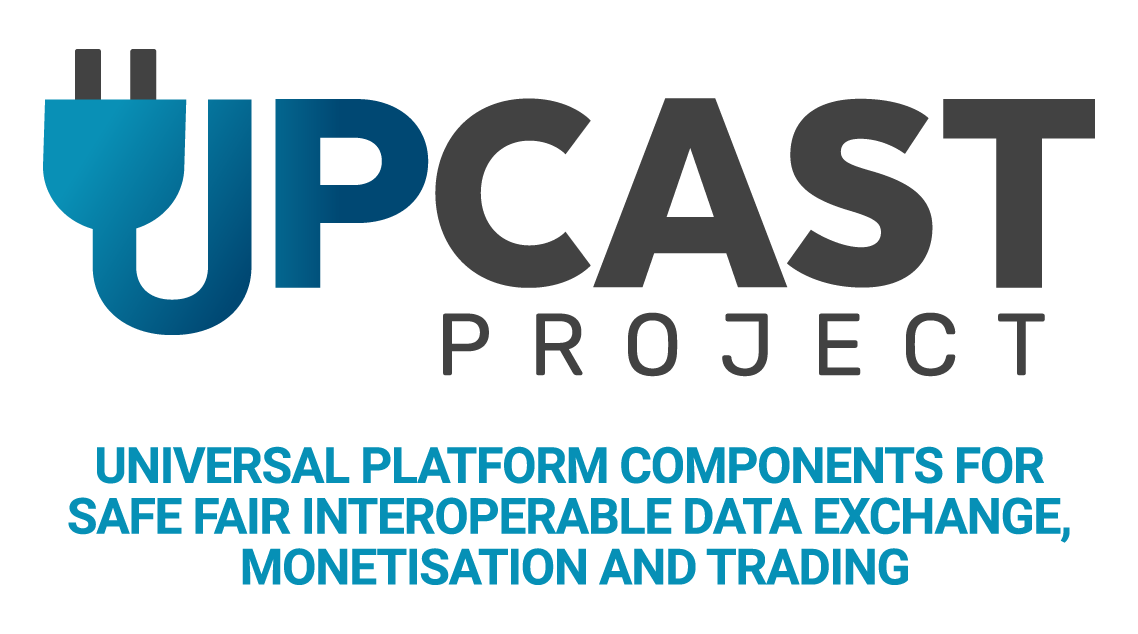Last week, UPCAST had the privilege of participating in the Dagstuhl Seminar on AI & Knowledge Graphs, where colleagues Luis Daniel Ibáñez and George Konstantinidis shared insights on how the UPCAST plugins address key privacy and negotiation challenges. The focus of the seminar was on how emerging AI technologies, particularly those utilizing Knowledge Graphs (KGs), can evolve in an ethical, transparent, and accountable manner.
With AI becoming an integral part of daily life—shaping everything from search engines to recommendation systems—the seminar focused on the pressing concerns of trust, accountability, and self-determination in AI. These concerns are especially important in light of growing data privacy issues and the over-centralization of data, which have sparked debates about the risks AI poses to citizen rights. High-profile cases of data abuse and privacy violations have made it clear that the need for stronger regulatory frameworks is urgent. In this context, the EU AI Act stands as a key piece of legislation aimed at ensuring AI systems respect fundamental human rights.
Throughout the seminar, topics like Machine-readable Norms and Policies, Decentralized KG Management, and Neuro-Symbolic AI were explored. These foundational elements represent the technical underpinnings necessary for creating AI systems that are not only powerful but also aligned with ethical standards. The event fostered valuable discussions on how AI can be made accountable for its decision-making processes, ensuring that its inner workings and data sources remain transparent and trustworthy.

